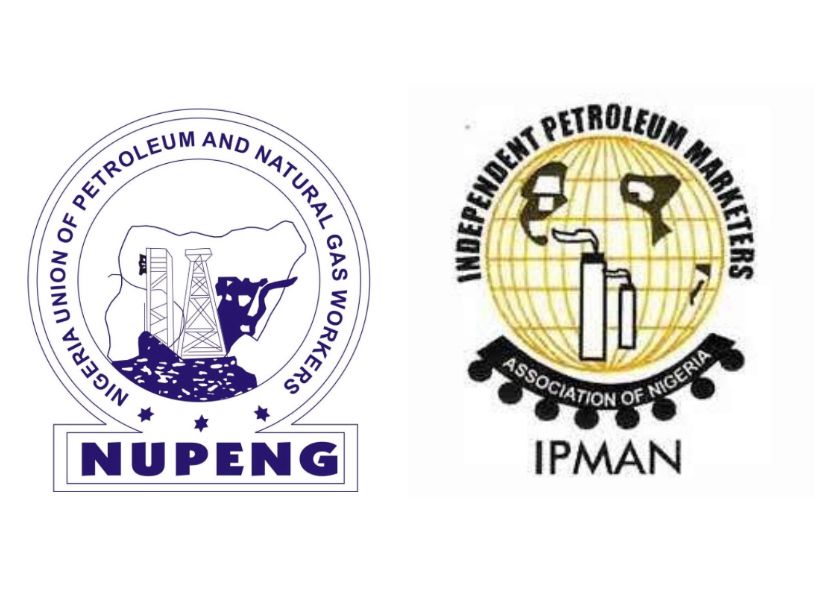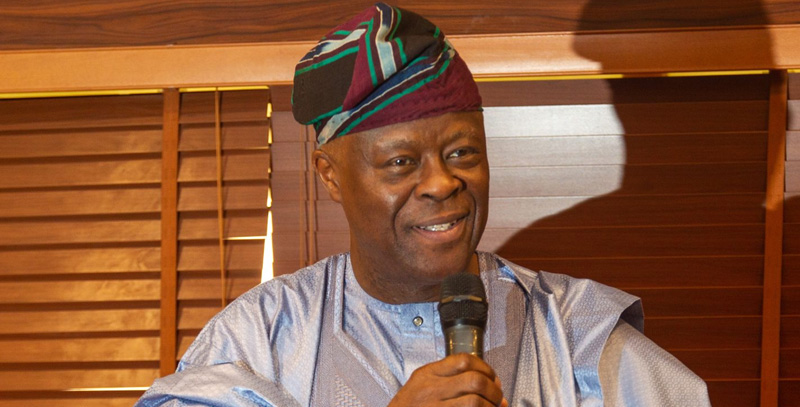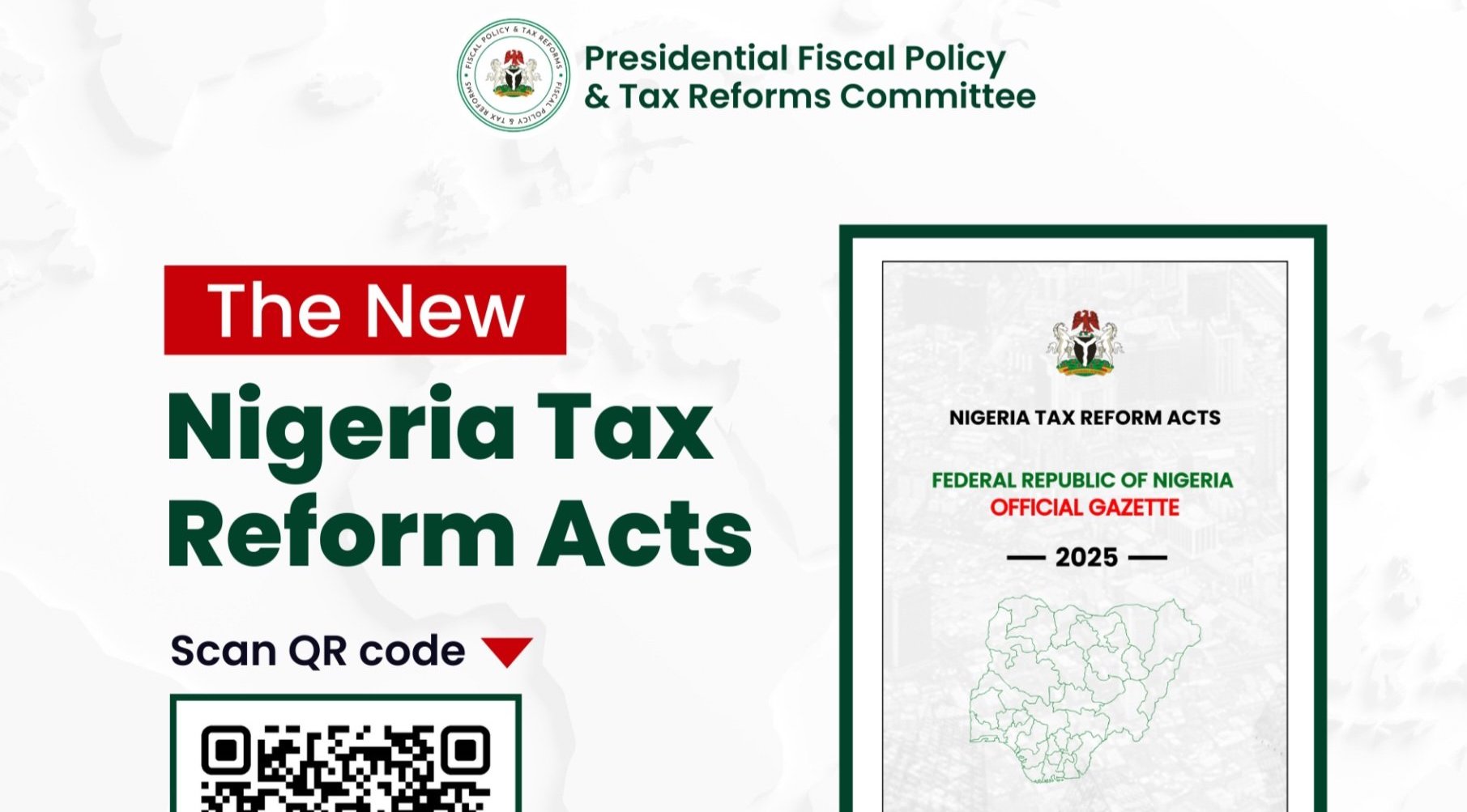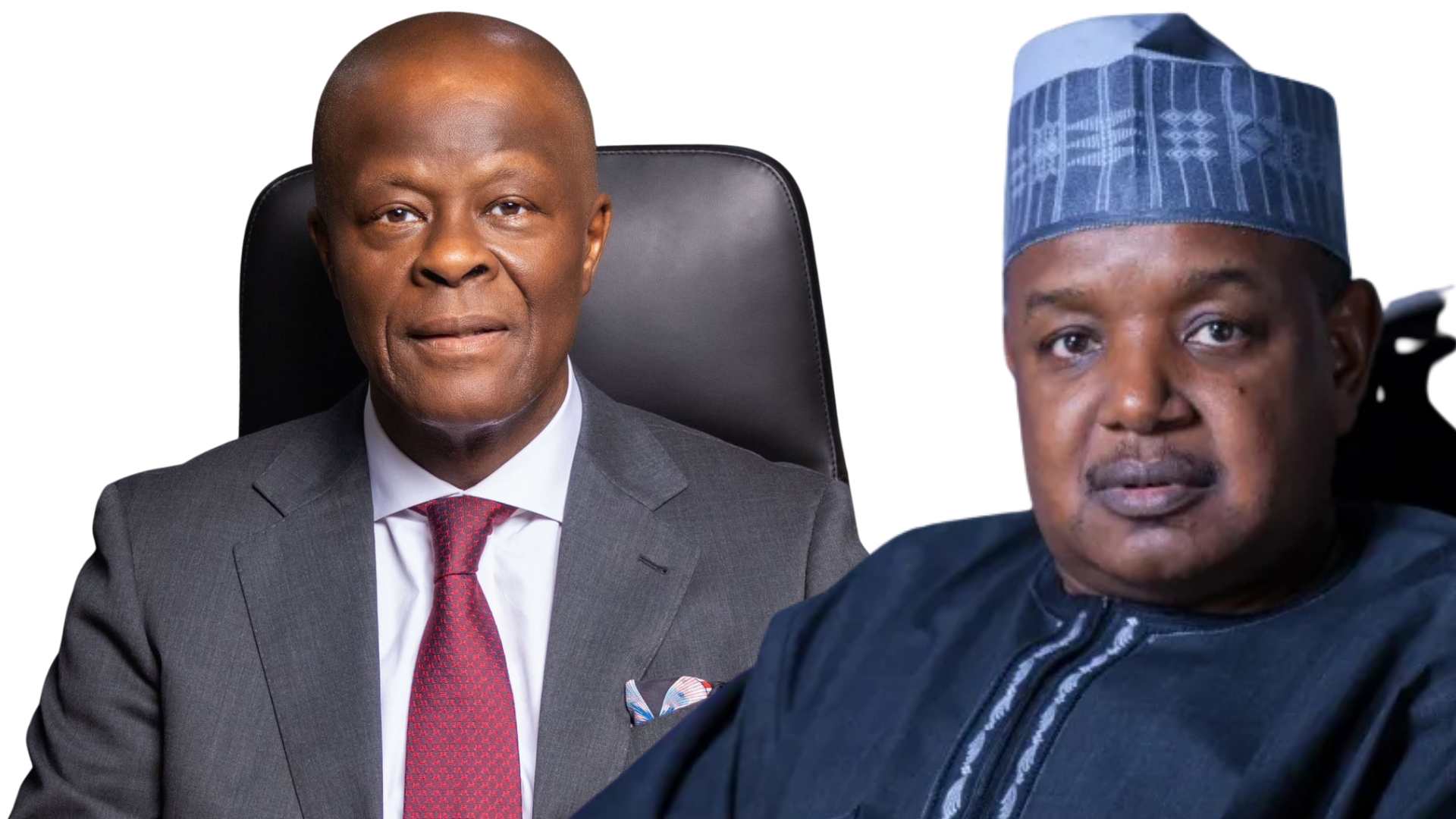2027: INEC, Stakeholders Decry Premature Political Campaigns In Nigeria
2027: INEC, Stakeholders Decry Premature Political Campaigns In Nigeria
• It undermines electoral body’s ability to track campaign finance limits, says Yakubu
• Jega: Premature campaigns raise serious challenges to conduct, preparations of 2027 elections
Adedayo Akinwale in Abuja
Ahead of the 2027 elections, the Independent National Electoral Commission (INEC) and other stakeholders in the election management process have decried premature campaigns by political parties, supporters and even candidates before the release of election timetable and schedule of activities.
The stakeholders stated this on Wednesday at a one-day roundtable on the challenges of premature/early political campaigns in Nigeria held at The Electoral Institute (TEI), Abuja.
Speaking at the event, INEC Chairman, Prof. Mahmood Yakubu, said the purpose of the roundtable was to discuss the disturbing trend of campaigning in public for elections (specifically the off-cycle governorship elections, the FCT Area Council elections and the 2027 general election) long before the period earmarked for such activity under the law.
He noted that Section 94(1) of the Electoral Act 2022 prohibits the commencement of campaigns earlier than 150 days (i.e. 5 months) before polling day and must end 24 hours prior to that day.
The chairman explained that the idea is to prioritise governance over electioneering from one electoral cycle to another.
According to him, “However, political parties, candidates and their supporters seem to be perpetually in election mood even when the electoral commission is yet to release the Timetable and Schedule of Activities for elections or ahead of the timeframe provided by law. “
Yakubu said around the country, they have seen outdoor advertising, media campaigns and even rallies promoting various political parties and candidates.
He stated: “These actions and activities undermine the commission’s ability to track campaign finance limits as politicians, prospective candidates and third-party agents expend large amounts of money that cannot be effectively monitored before the official commencement of campaigns.
“Quite correctly, Nigerians expect INEC, as registrar and regulator of political parties, to act in the face of the brazen breach of the law on early campaign.
“However, the major challenge for the commission is the law itself. Sections 94(2) of the Electoral Act 2022 imposes sanctions, albeit mild (a maximum amount of N500,000 on conviction), on any political party or a person acting on its behalf who engaged in campaigns 24 hours before polling day.”
The chairman lamented that there is no sanction whatsoever concerning breaches for campaigns earlier than 150 days to an election.
“Here lies the challenge for the commission in dealing with early campaign by political parties, prospective candidates and their supporters,” he noted.
Yakubu pointed out that while the problem of early campaigns in Nigeria was not new., the seeming inability of the commission and other regulatory agencies to deal with the menace within the ambit of the existing electoral legal framework calls for deep reflection.
He stressed that it was in this context that the commission considered it appropriate to convene this meeting in which legislators, leaders of political parties, civil society organisations, experts, practitioners and regulators will brainstorm on the way forward.
Also, the Chairman, Board of TEI, Prof. Abdullahi Zuru, said Nigeria’s democracy is still in transition, and like every evolving system, faces serious challenges.
He was of the opinion that one of the most worrying is the increasing resort to early campaigns by political actors and their surrogates in many forms.
Zuru said: “We have seen aspirants use cultural festivals and religious gatherings to drop hints about their ambitions, often disguised as appreciation or philanthropy.”
He noted that billboards and branded vehicles sometimes appear with cleverly crafted slogans that stop just short of open solicitation but leave little doubt about the intent.
Zuru stressed that more recently, social media influencers and content creators have become key players and fronts, flooding platforms such as Facebook, Instagram, Tik-Tok, YouTube, and X with songs, skits and hashtags that project particular aspirants many months before the permission of the law.
He noted that what is being witnessed today is an increasing determination to circumvent, stretch and even undermine this law.
According to Zuru, “Often, third-party actors such as associations, professional groups, religious groups or political support groups are used as convenient fronts for disguised early campaigning.
“The implications of this trend are far-reaching. When aspirants or parties compete to dominate visibility long before the official campaign period, it distorts fairness and raises the cost of political competition.
“Moreover, it distracts from governance, as elected officials become more concerned with sustaining political relevance than delivering public service. Over time, it erodes public confidence in our electoral system and fuels cynicism about whether the law can truly be enforced.
“We must be frank in acknowledging the scale of the challenge and bold in designing solutions. We must refine the regulatory framework so that what constitutes premature or early campaigning is more clearly defined in today’s digital age.
“We must strengthen enforcement, ensuring that violations are detected early and sanctioned firmly, be it by political parties, individuals, or their proxies.
“We must engage media organizations and social media platforms, encouraging them to cooperate in moderating content that undermines the electoral timetable. And we must intensify civic education to enlighten citizens, especially the youth, on the dangers of endorsing and promoting early campaigns.”
Zuru emphasised that democracy thrives on fairness, order and respect for the rules, regulations and guidelines governing the electoral process.
He said campaigns conducted within the timeframe stipulated by law ensure a more level playing field, reduce political tension, and enhance the credibility of elections.
The board chairman noted that respecting the law is not a limitation on political participation but an affirmation that the country’s democracy is rooted in integrity, not expediency.
Delivering his keynote remarks, titled ‘Towards Addressing the Challenges of Premature Election Campaigns in Nigeria’, former INEC Chairman, Prof. Attahiru Jega, said for elections to be meaningful, ‘democratic’ and beneficial to the citizens, they should have integrity — be rule-based, transparent, ‘free and fair’, and have a level-playing field for all participating political parties and candidates.
He said their preparation and conduct must be seen to be professional, efficient, none-partisan and impartial.
Jega explained that campaigns are very important aspects of elections because it plays a significant role in deepening democracy.
He said through these, parties and candidates advertise themselves and their ideas and positions to the electorate so that they could be chosen and elected from an array of competing parties and candidates.
He noted that like all aspects of elections, campaigns are also essentially rule-based; their period and duration are defined by either the provisions of the constitution and/or Acts of the legislature; and regulated by Election Management Bodies (EMBs).
Jega stressed that in virtually all electoral jurisdictions, the period for commencement and end of campaigns are specified and sanctions are often provided for violations.
He said the application of the sanctions, however, differs from one electoral jurisdiction to another.
According to him, in general, the more carefully and unambiguously defined and strictly applied the sanctions are, the greater the deterrence against violations by parties and candidates.
Jega stated: “Conversely, the more vaguely defined, if at all, and poorly sanctioned, the more likely the violations by political parties and candidates. Hence effective sanctioning is essentially the panacea for addressing the challenges of all election campaigns, especially premature campaigns.
“Premature election campaigns are undesirable aberrations in democratic elections, posing serious challenges to the integrity of elections. If not appropriately checked, they pose one of the most serious threats to elections and undermine the integrity of the entire electoral process.
“Premature election campaigns are basically campaigns done outside the legally defined period. They create an uneven playing field; disrespect and violate the law; they confer unfair advantages to parties/candidates who jumped the gun; they breed/entrench a culture of lawlessness and impunity; and they create political tensions; and they may even generate tensions and conflicts and undermine law and order.
“To protect the integrity of the electoral process, most electoral systems require campaigns to be conducted according to the rules and regulations provided in the electoral legal framework; with due respect to the calendar of the elections; respecting the right and freedom of other parties to organize and campaign and reach out to the voters; respecting the election managers and not interfering with the performance of their duties; and using the official complaint process and the legal system for appeals (ACE Electoral Knowledge Network, 2012).
“Although the Nigerian electoral legal framework contains some provisions regulating election campaigns, as it provides for period of commencement and end of campaigns, regrettably, premature campaigning has remained inadequately regulated and has become increasingly widespread, characterised mainly by the display of posters featuring politicians, across political parties, but especially of incumbents, at both federal and state levels, literally ‘jumping the gun’, some two years before the official election/campaign period.
“Many, if not most of these, are what can be termed as ‘third-party’ campaigns, ostensibly carried out by candidates’ support groups, with dubious financing, most likely in crass violation of campaign financing legislations.”
Jega stressed that there are allegations that some parties/candidates sponsor these premature campaigns hiding behind dubious illegal “third parties”; thereby also breaching campaign finance laws.
He explained that premature campaigns consist of, not only erection of bill boards with candidates portraits and messages soliciting votes and/or endorsements; but they also include, using public media and resources to advertise records of ‘achievements’ of incumbents, or use of official positions and inauguration of projects for electioneering purposes.
Jega added: “When incumbents do it and get away with it, or other ‘third parties’ do it on their behalf and get away with it, a spiral of illegalities and lawlessness is unfolded, undermining the rules-based system and the integrity of the electoral process.
“There is no doubt that currently in Nigeria, the prevalence of premature campaigns raises serious challenges to the preparations and conduct of the 2027 elections, and therefore need to be sanitized urgently.
“It is being done quite brazenly especially by incumbent elected officials at all levels and tiers of government.”
Jega lamented that candidates or parties who begin campaigning early often gain more visibility and influence than other candidates.
This, he said, creates an uneven playing field; it also reduces political competition, and ultimately escalates campaign spending.
Similarly, Jega said premature campaigns shift focus from governance to politics, especially when incumbents engage in early campaigning, and divert attention to politicking rather than fulfilling their mandates to the electorate.
He said: “Indeed, in the Nigerian context, premature campaigns quite often heat up the polity, increase political rivalry, as well as engenders hate speech, and ethno-religious polarisation.
“This often triggers violence, especially in politically volatile areas, deters peaceful political participation, and weakens the enforcement mechanism to punish the offenders.
“There are so many ways politicians exploit legal loopholes to engage in premature campaigns, such as consultative meetings, project commissioning, ceremonial events, and distribution of so-called palliatives.
“These acts ultimately make laws become ineffective; they encourage a culture of impunity, particularly for the ruling parties at all levels of governance in the federation.
“Similarly, premature campaigns always erode the integrity of elections, by creating perceptions of abuse of power, and complicity or duplicity of the EMB.”
Jega pointed out that to protect the integrity of the electoral process, and to nurture and enhance perception of impartiality and neutrality of the electoral management body, many electoral jurisdictions not only clearly define premature campaigns in the electoral legal framework, and provide sanctions for them, they also strive to strictly penalise the crass manifestations of them, with penalties ranging from fines to imprisonment.
He, therefore recommended that all election campaign offences, especially premature campaign offences, should be carefully defined, stiff penalties specified, and strictly applied where applicable.
Jega noted that all candidates and their parties, and especially incumbent office holders and their political parties, should be vicariously held responsible and penalized for premature campaigns for them by third-parties
He said the Economic and Financial Crimes Commission (EFCC) and the Independent Corrupt Practices and other related offences Commission (ICPC) should pay special attention to third-party campaigners and thoroughly interrogate their sources of funding.
In determining whether candidates and parties expenditures fall within approved limits, Jega said the estimated/determined expenditure by a third-party campaigner for the candidate/party should be taken into consideration.
He said the EMBs (INEC and SIECs) must be made to work closely and collaboratively to ensure appropriate imposition of sanctions and penalties where appropriate.
Jega added that the recommendation for the establishment of Elections Offences Commission and Tribunal has become even more urgent and important for consideration, and should be addressed in the next/current round of electoral reforms before the 2027 elections.
The post 2027: INEC, Stakeholders Decry Premature Political Campaigns In Nigeria appeared first on THISDAYLIVE.
• It undermines electoral body’s ability to track campaign finance limits, says Yakubu • Jega: Premature campaigns raise serious challenges to conduct, preparations of 2027 elections Adedayo Akinwale in Abuja
The post 2027: INEC, Stakeholders Decry Premature Political Campaigns In Nigeria appeared first on THISDAYLIVE.





